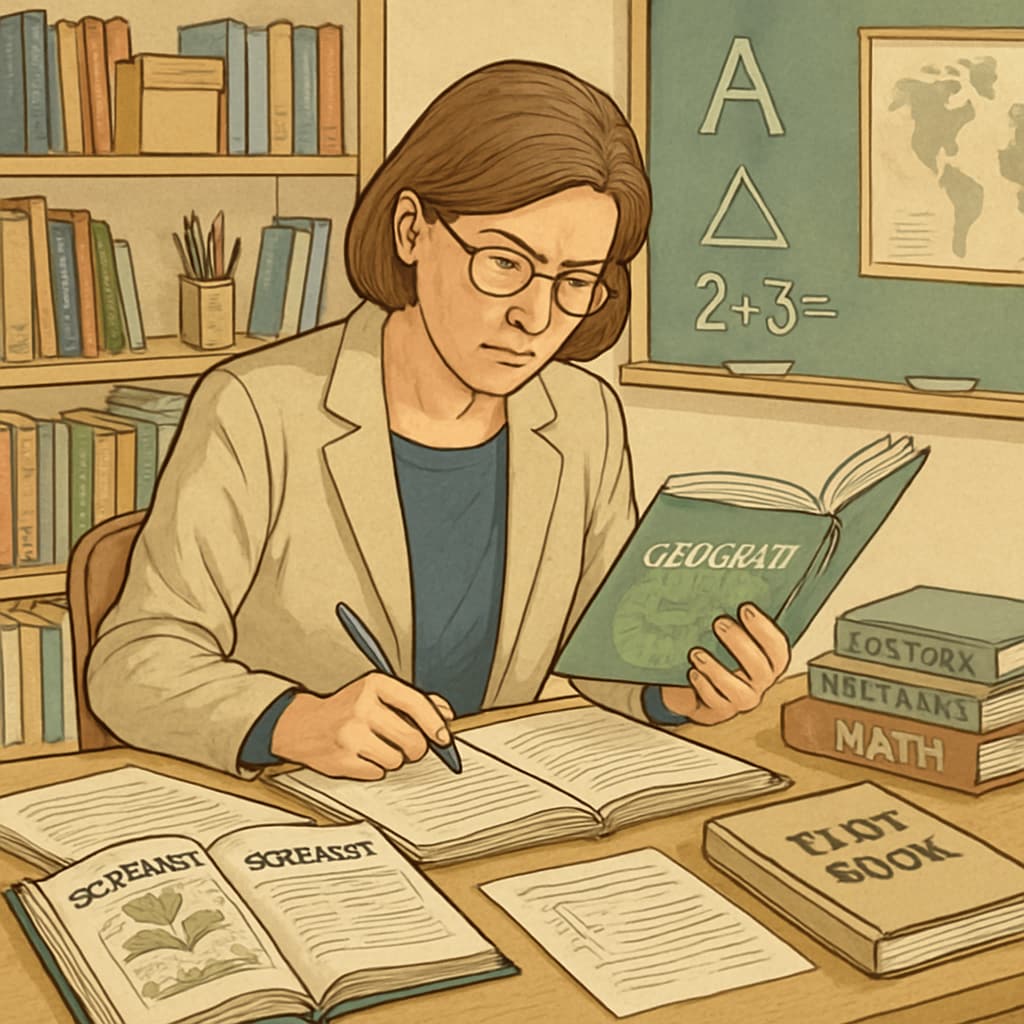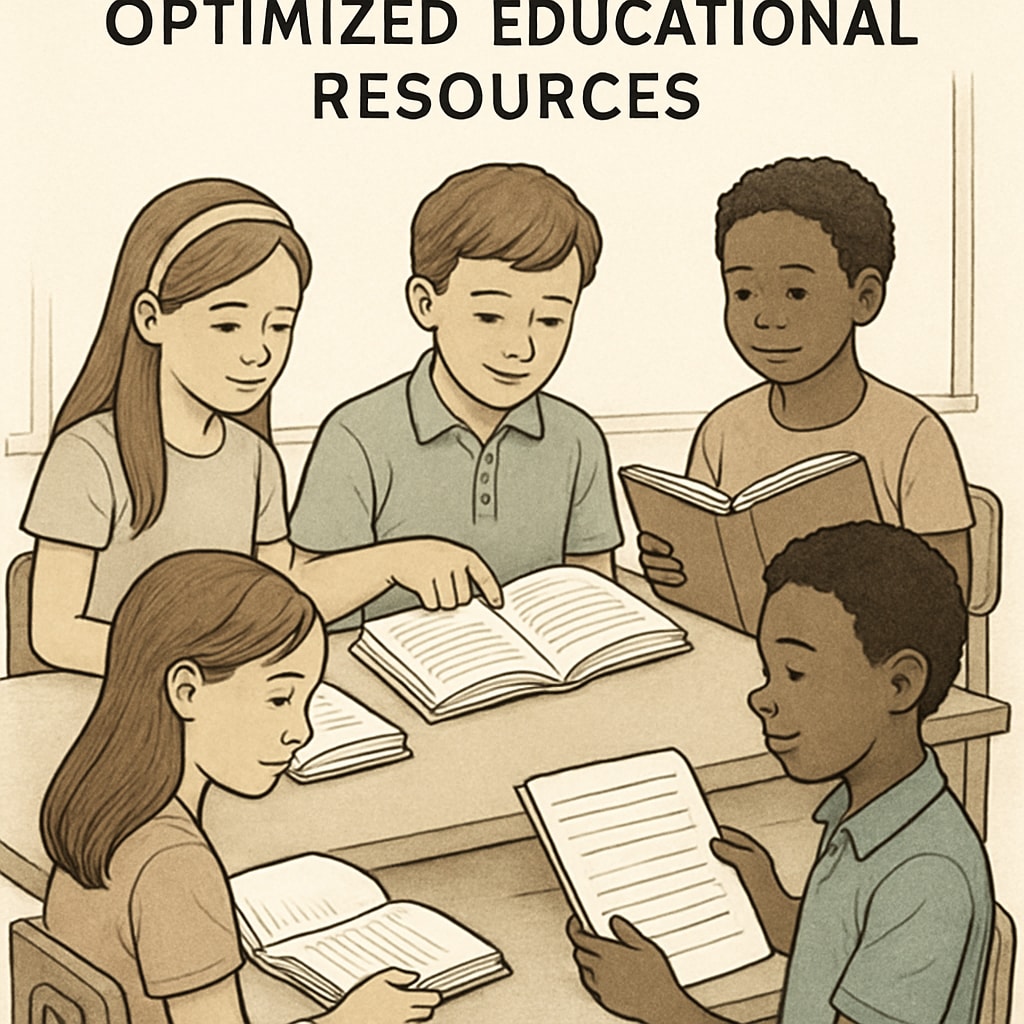Reading comprehension, teacher volunteers, and text complexity form a critical triad in the quest to improve K12 education. Teachers, as frontline educators, possess invaluable insights into how students engage with texts of varying complexities. By joining a collaborative initiative, you can contribute to cutting-edge research aimed at refining the alignment between student abilities and educational resources. This project invites elementary and middle school teachers to participate in a brief 30-minute evaluation activity. Together, we can build a more effective framework for assessing and addressing reading comprehension challenges in classrooms.
Why Teachers Are Key to Reading Comprehension Research
Teachers are uniquely positioned to provide insights into how students navigate texts. Their daily experiences offer a wealth of knowledge that academic researchers often lack. For instance, teachers understand the nuanced struggles students face when engaging with unfamiliar vocabulary, sentence structures, or thematic content. By participating in this study, educators can bridge the gap between theoretical research and practical classroom applications.
Moreover, the study focuses on text complexity—a critical factor in determining whether reading materials are appropriately challenging for students. Text complexity encompasses elements such as vocabulary, syntax, and conceptual depth. Teachers’ evaluations of these factors can help create more accurate guidelines for assigning texts that neither overwhelm nor under-stimulate learners.

How the 30-Minute Evaluation Benefits K12 Education
The 30-minute evaluation process is simple yet impactful. Teachers are asked to review and assess selected texts based on specific criteria. These assessments will contribute to a broader database, helping researchers identify patterns and adjust educational standards accordingly. The ultimate goal is to ensure that every student has access to reading materials that are both appropriate and engaging.
For example, when texts are too complex, students may feel frustrated and disengaged. Conversely, overly simplistic materials can fail to stimulate critical thinking or skill development. By fine-tuning text complexity standards through teacher input, this study aims to strike a balance that fosters both learning and enjoyment.

How to Get Involved as a Teacher Volunteer
Becoming a part of this initiative is straightforward and rewarding. Teachers from elementary and middle schools are encouraged to sign up for the study. Once registered, you will receive clear instructions and resources to complete the evaluation. Your feedback will directly influence the development of more effective reading comprehension strategies and tools.
In addition to contributing to meaningful educational research, participating teachers will gain access to preliminary findings and insights. These resources can serve as valuable tools for enhancing your own classroom practices. To learn more about the study, visit trusted platforms such as Reading Comprehension on Wikipedia or explore related topics on Britannica.
Join the Movement to Optimize K12 Learning
In conclusion, teacher volunteers play a pivotal role in advancing research on reading comprehension and text complexity. Your expertise can help shape a more equitable and effective education system, benefiting students across diverse learning environments. Take 30 minutes to make a lasting impact on the future of K12 education. Together, we can ensure that every child has the opportunity to thrive academically.
Readability guidance: To maintain engagement, this article uses short paragraphs, incorporates transition words, and includes actionable steps. Lists and bullet points are avoided here to match the article’s flow, but further breakdowns can be added for clarity in follow-up materials.


